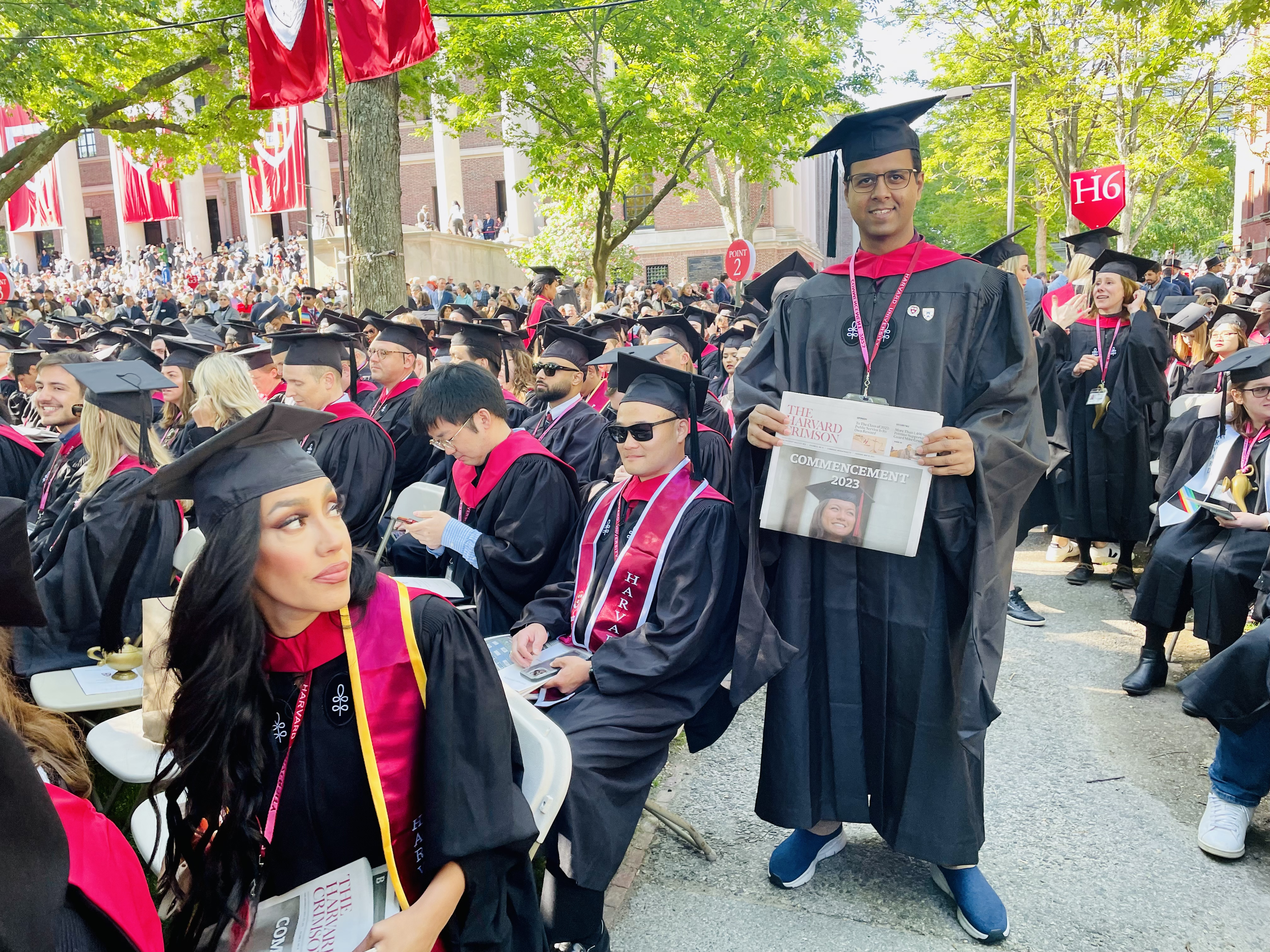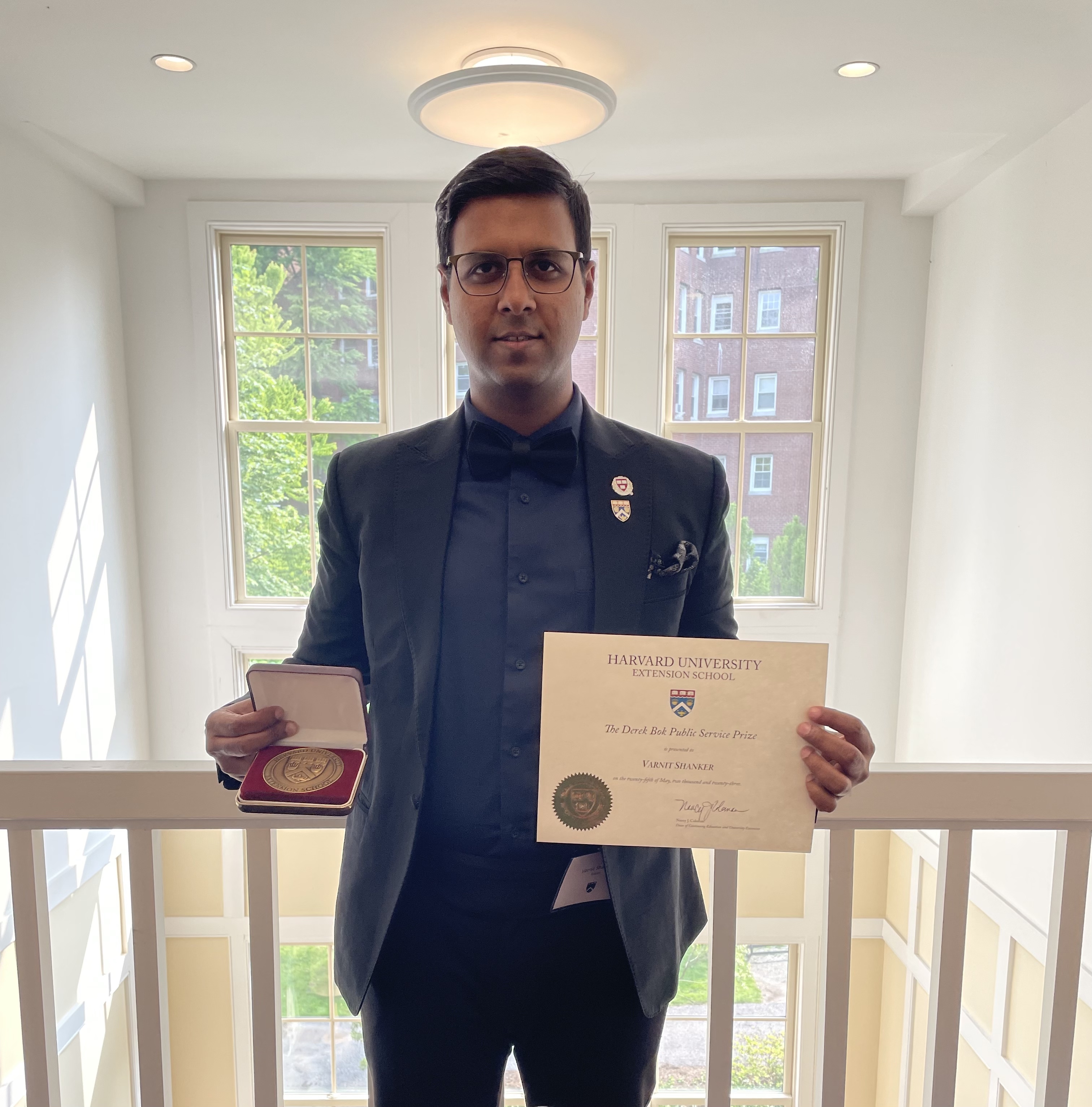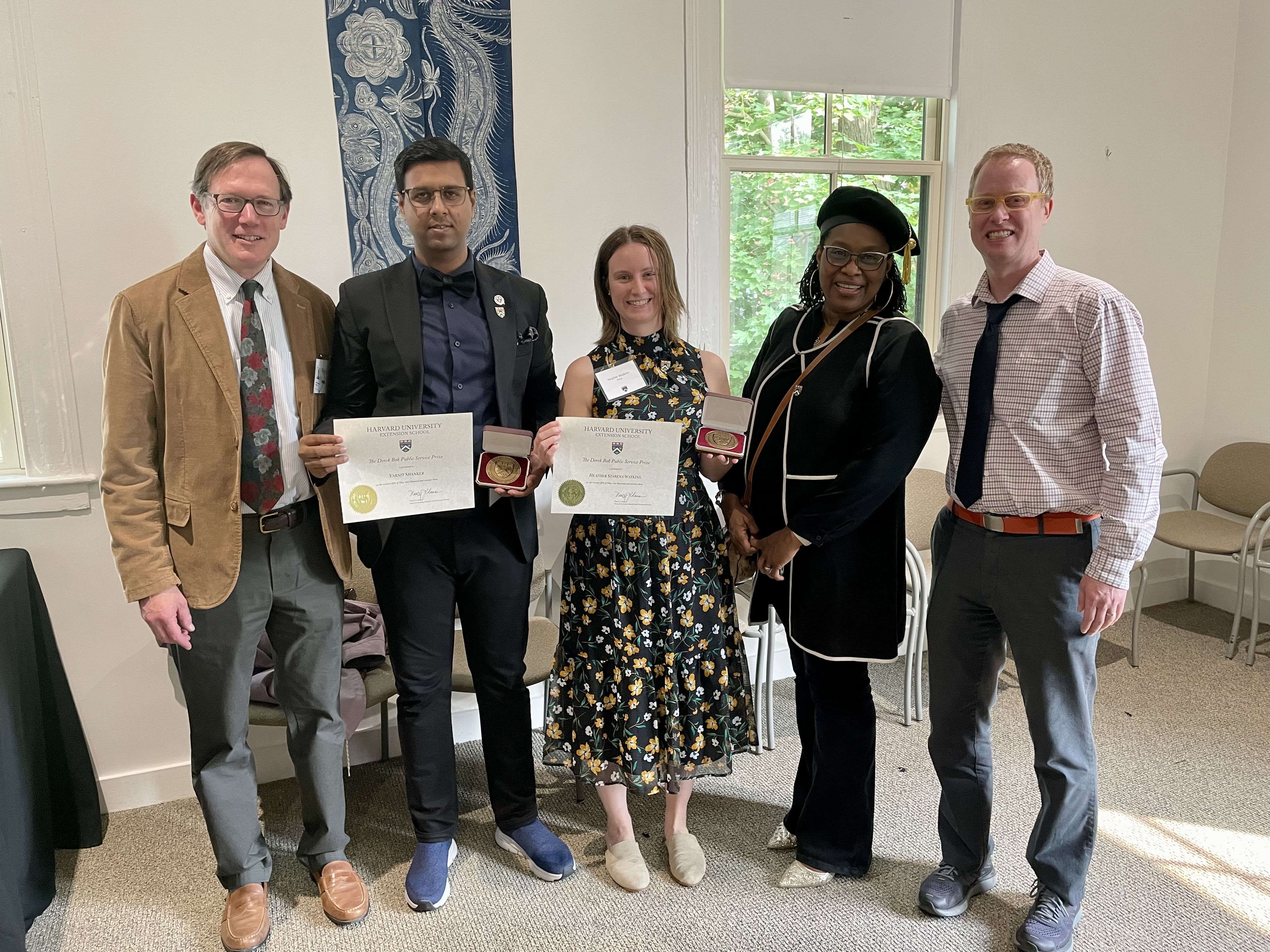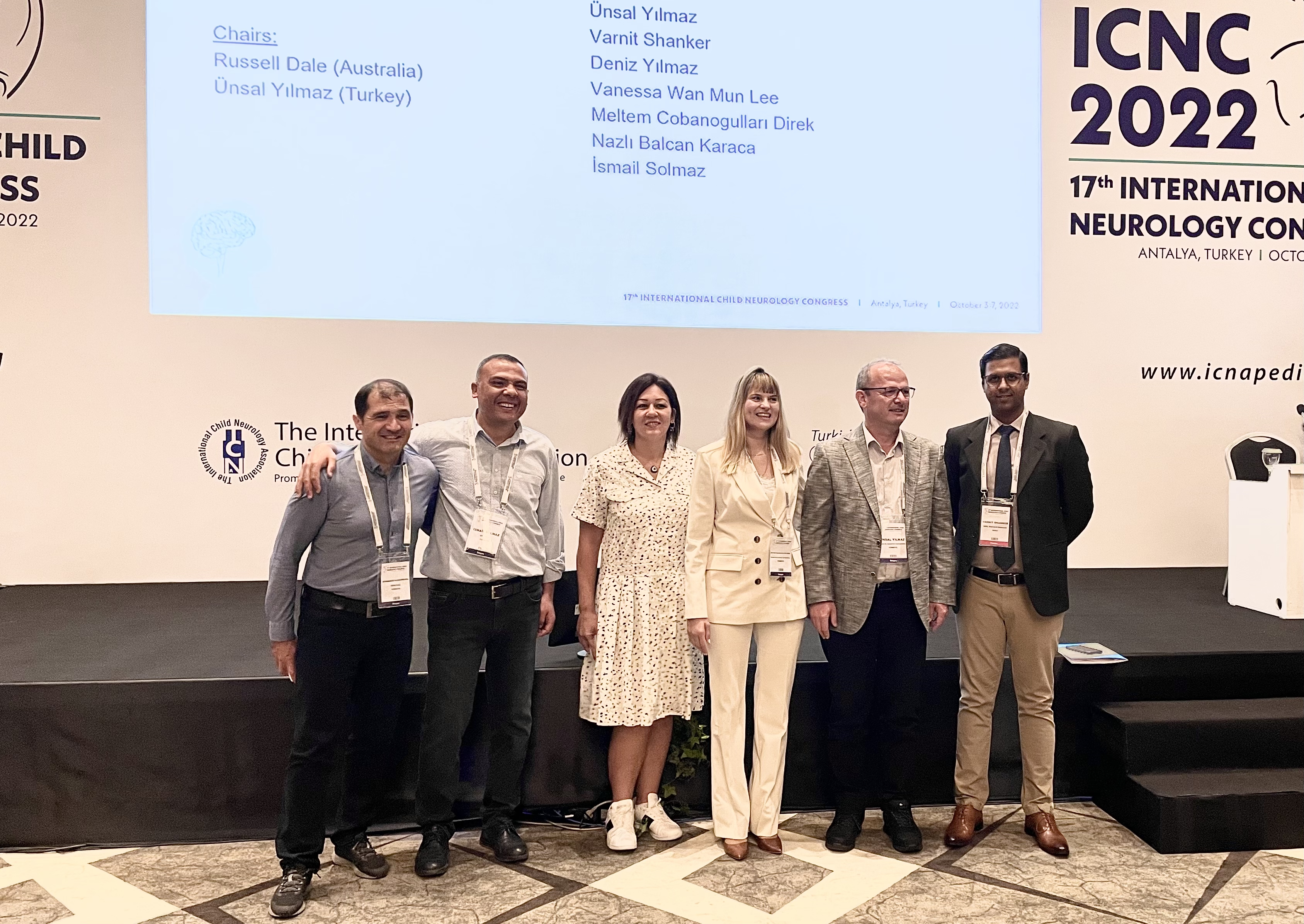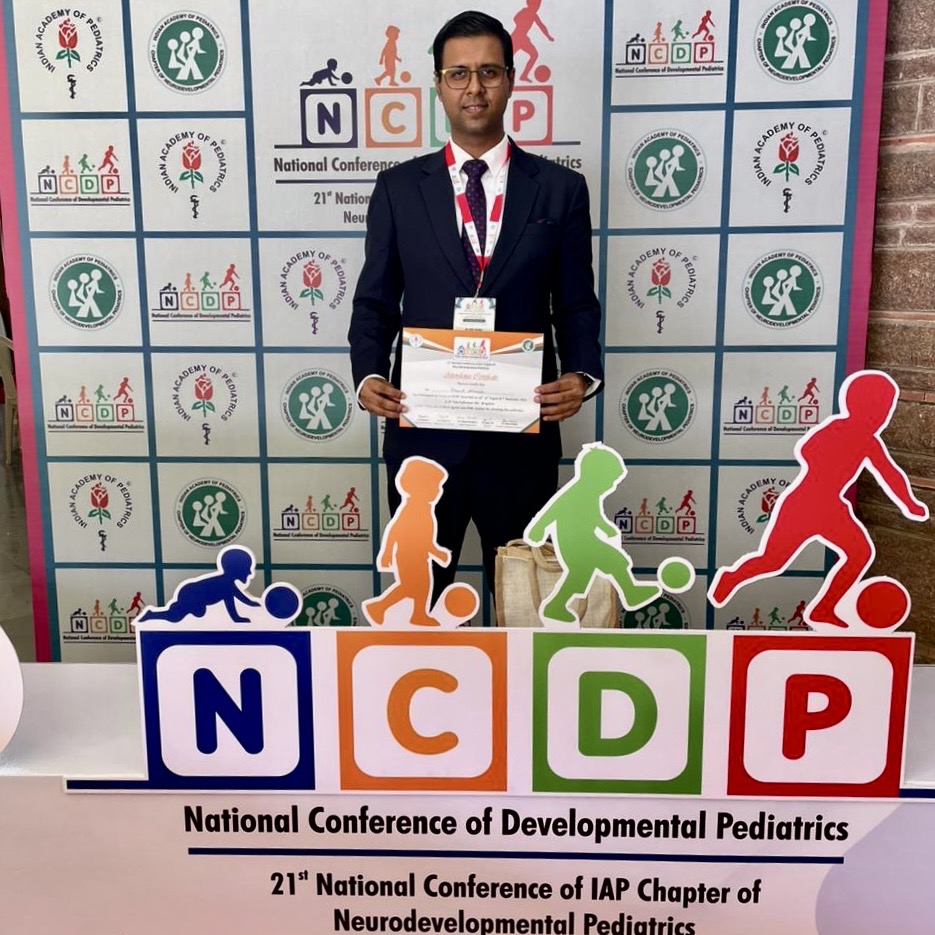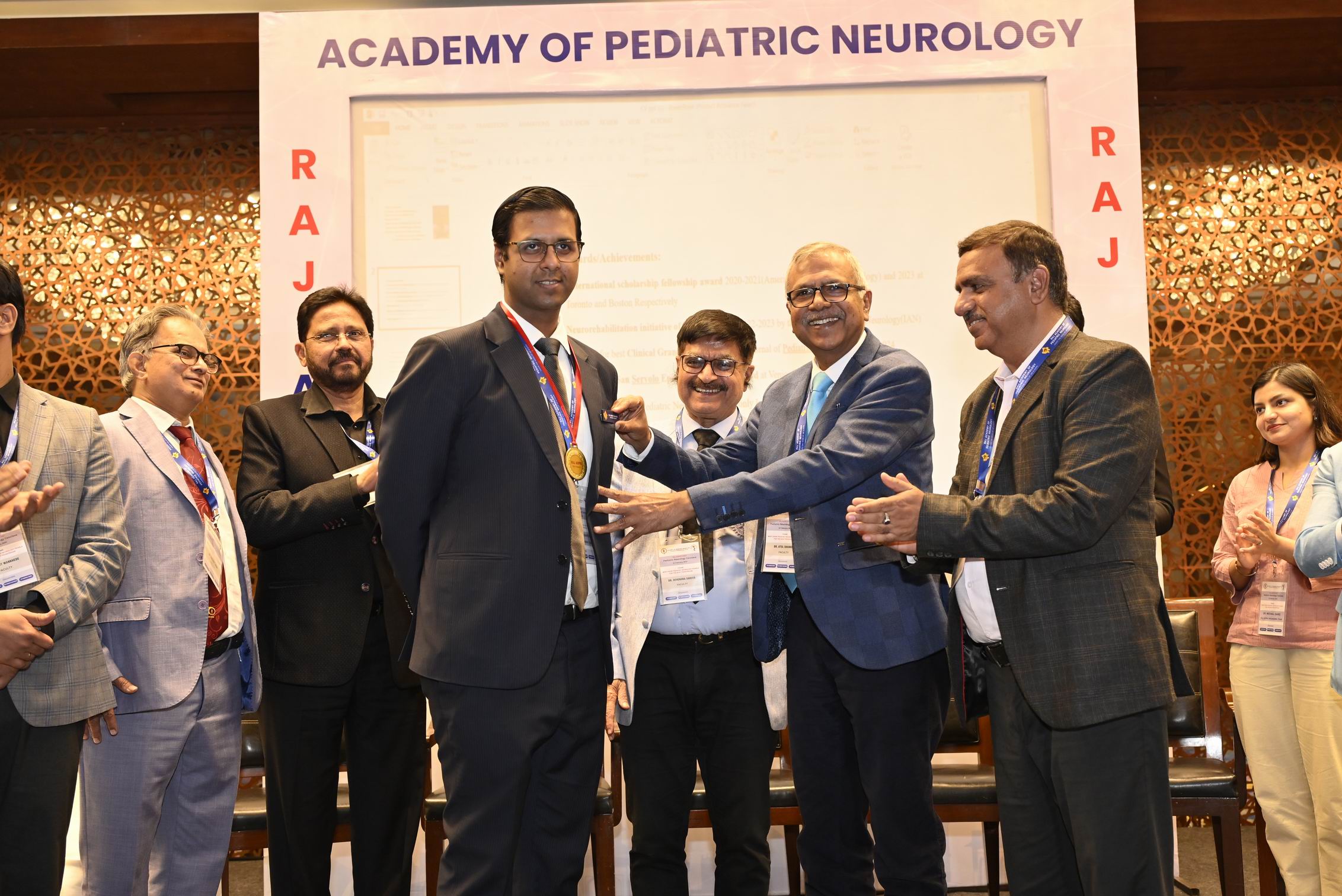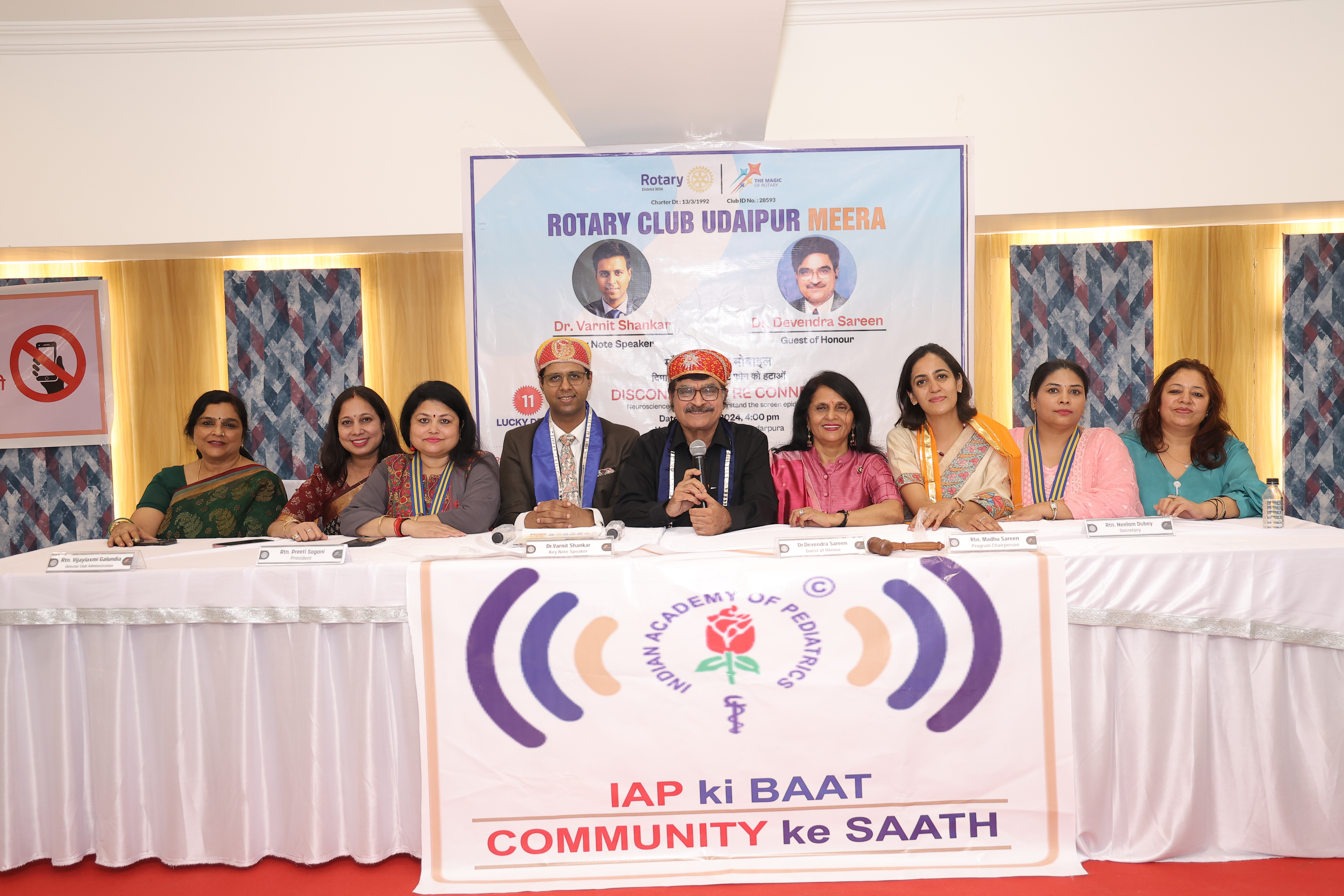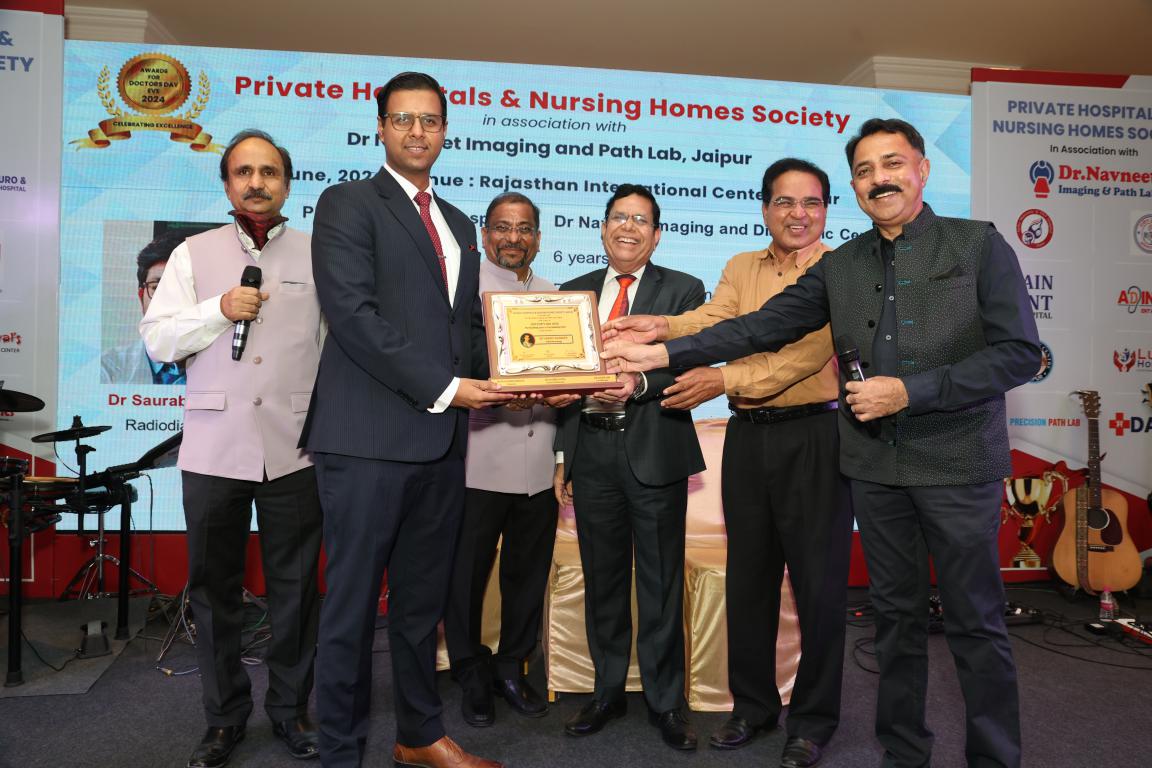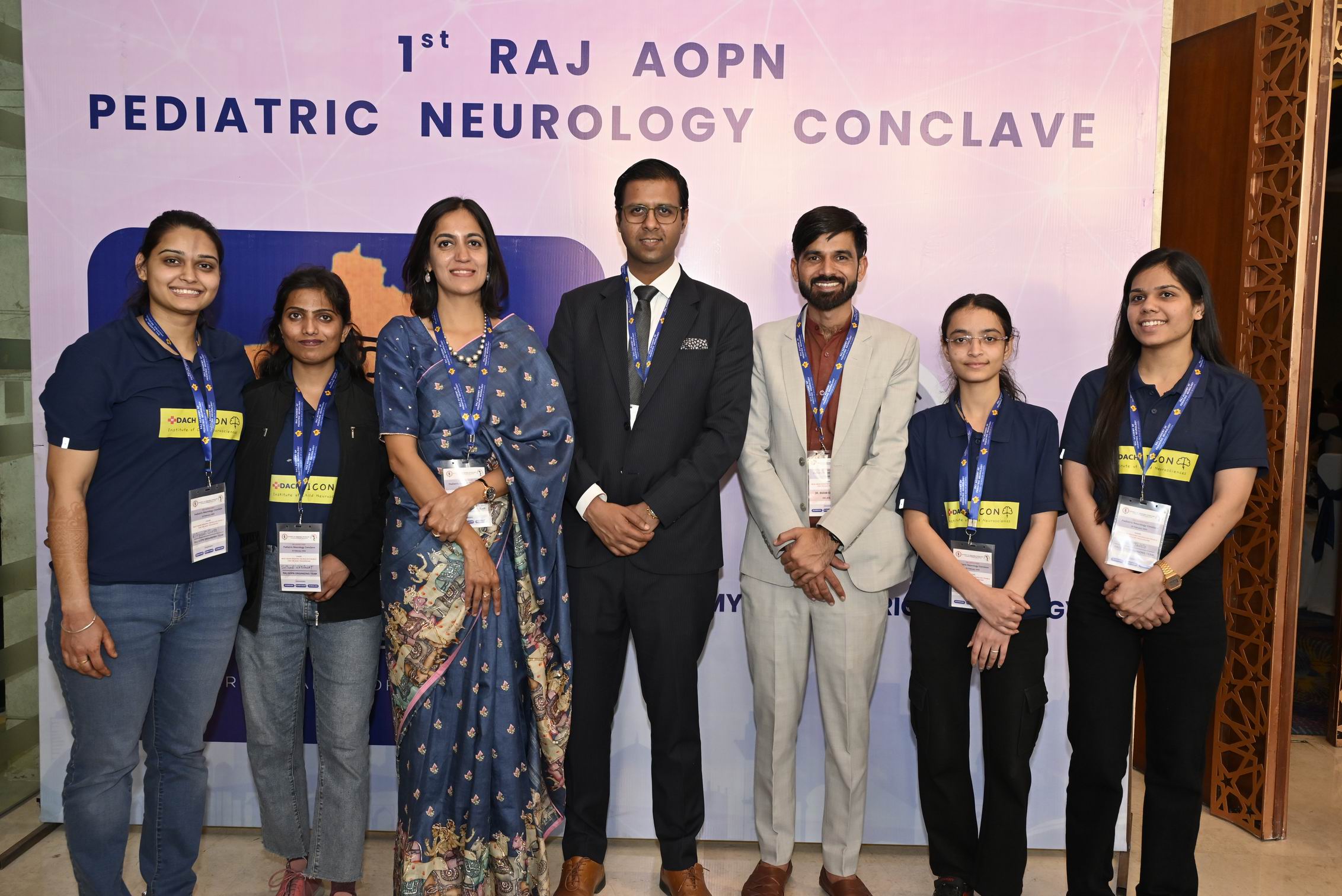Dr. Varnit Shanker is the Chief of Institute of Child Neurosciences, ICON Foundation and Senior Consultant at DACH, Tertiary Care Pediatric Specialty Hospital. He is a Child Neurologist and Neurodevelopmental Specialist with qualifications from renowned institutes such as Harvard University (USA), Sir Gangaram Hospital (New Delhi) and Royal College of Pediatrics and Child Health (London, UK). He is life member of Indian Academy of Pediatrics (IAP), Association of Child Neurologist of India (AOCN) and International Child Neurology Association (ICNA).
Dr. Varnit Shanker was the youngest international speaker at the 2019 World Pediatric Congress in Singapore (Session speaker on Ketogenic Diet in drug resistant epilepsy). He has been awarded research bursary and grants from International Child Neurology Association (ICNA). He presented his Masters Harvard thesis on Gut Brain Axis at the International Child Neurology Congress (ICNC) at Antalya, Turkey in 2022.
Dr. Varnit is the recipient of Dean's List Academic Achievement Award and was recipient of
prestigious Derek Bok Public Service Prize in Boston.
He has several national and international scientific publications under his belt including book
chapters. He is a regular faculty at National and International conferences in the field of
Pediatrics, Neonatology and Neurology.
Dr. Varnit has been leading a crucial campaign “Disconnect to Reconnect” emphasizing the importance of reducing screen time to foster deeper, more meaningful relationships and interactions in real life.
Dr. Varnit Shanker has served as
- Founding trustee of ICON Foundation.
- Founding Secretary of Indian Academy of Pediatrics (IAP) Neurology Chapter – Rajasthan Academy of Pediatric Neurology, an organization instrumental in formalizing Child Neurology and Development clinical practice, education and training in the state of Rajasthan.
- Board member at the Harvard Disability Alumni Association (HADA).
- Scientific zonal editor in the Journal of Academy of Pediatric Neurology (JAOPN)
- Academic Contributor to the Indian Academy of Pediatrics (IAP) National Module on Neurodevelopemnt.
- Chief Coordinator of Neuroimmunology module of the Indian Academy of Pediatrics (IAP).





